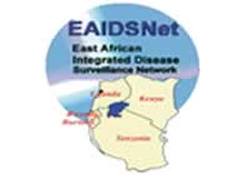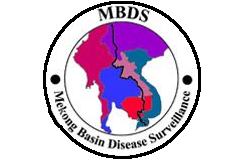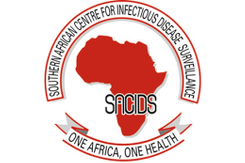In 2007, The Rockefeller Foundation and The Nuclear Threat Initiative (NTI) convened infectious disease surveillance representatives and other experts from across the world to share best practices and lessons learnt in disease surveillance. Attendees were asked to recommend actions to advance the global capacity for public health surveillance and reduce the threat of infectious diseases, with a focus on the needs of developing countries. The resulting ‘Bellagio Call for Action’ addressed three vital concerns:
- The need to build surveillance capacity, especially human and laboratory capacity, but also cross-border collaborative capacity.
- The need to develop and employ appropriate information and data-sharing technology to facilitate timely communication during times of emergency.
- The need for a flexible approach to governance among the growing number of regional infectious disease surveillance networks that were assembling worldwide.
At the same time, regional disease surveillance networks themselves were recognising a shared goal to improve early detection and outbreak investigation and response. Driven by that aim and with the support and partnership of NTI, The Rockefeller Foundation, The Peter G. Peterson Foundation, Fondation Mérieux, and The Skoll Global Threats Fund, the leaders of six existing regional disease surveillance networks founded CORDS. During the early years of the organization, NTI served as interim secretariat with Fondation Mérieux providing a location in Annecy, France, for meetings. Ending Pandemics (formerly Skoll Global Threats Fund) adopted CORDS as a program within its organization in September 2019.






